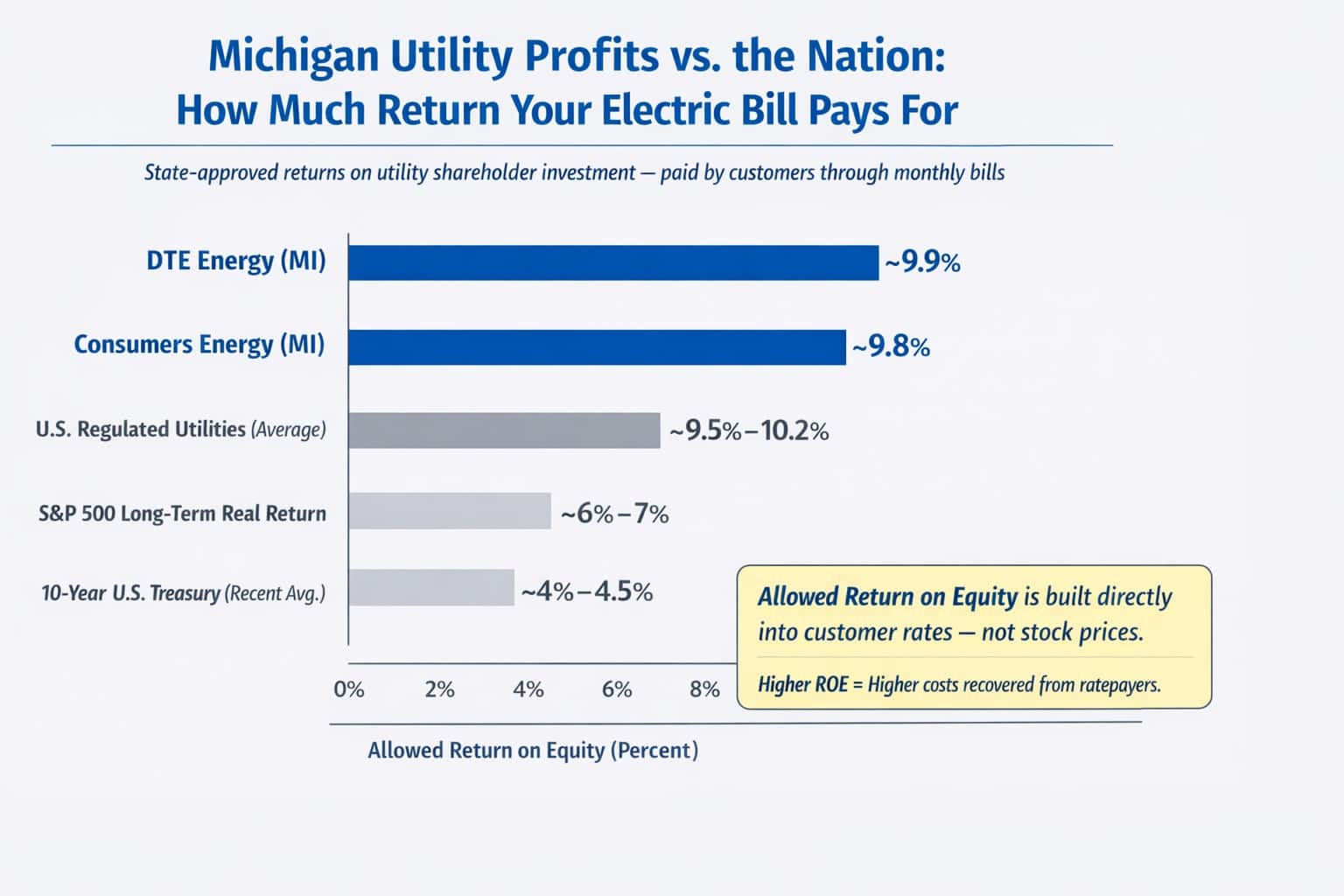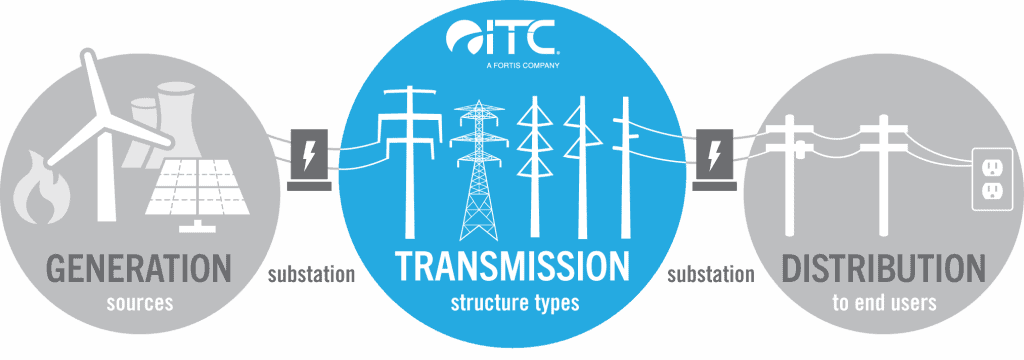LANSING – Speakers and attendees of the first public forum on energy policy Thursday largely agreed on the need to move toward more renewable power and energy efficiency, but were split on whether the state’s current energy law was the way to get there.
The goal of the seven forums planned between Thursday and April is a report to Governor Rick Snyder on what, if any, changes need to be made to improve the state’s energy markets and system, said Energy Office Director Steve Bakkal, who, along with Public Service Commission Chair John Quackenbush, is overseeing the events and the report, which is expected by the end of the year.
Quackenbush said between reports already out and a report on renewable power due out Friday, the state is meeting the goals of the current electric law. He said the state has beaten its targets for energy efficiency each of the last two years, and is on track to meet the goal of 10 percent renewable power by 2015.
The state is also building up a substantial bank of renewable energy credits that utilities will be able to use in the future to comply with the standard.
Changes in the renewable energy market have meant planning changes for utilities, George Stojic, executive director of strategic planning and development for the Lansing Board of Water and Light, told the forum.
“You have to make tough decisions if you have a baseload plant,” he said. Many of those plants, including one owned by BWL, are getting near the ends of their lives and most burn coal.
James Clift, policy director for the Michigan Environmental Council, showed a graph of the drop in wind power prices, with a most recent long-term contract coming in below the cost from an existing coal plant. Baseload plants are expensive to take offline when cheaper wind is available, then bring back online when it is not, he said.
The state needs to maintain the investment in renewable power both to ensure those prices keep coming down and to keep the economy moving.
“Hundreds of companies have come up in the renewable energy field,” he said. “Let’s keep those people employed.”
And efforts are underway to reduce the amount of power needed, said Sharon Theroux, energy program director for the Michigan Community Action Agency Association. The group, which runs the state’s energy optimization program for utilities that do not want to run their own, is showing $5.28 in cost savings for every dollar invested in the program, she said, with payback for electric and natural gas running about even.
Theroux said the group was planning a study this year on ideas for incentives for longer-term investments.
In addition to the sources of power, Quackenbush said the state also should consider the cost of power. He said the state has the highest electric rates in the Midwest and waiting lists show that if the 10 percent cap on electric choice was lifted, 24 percent of Consumers Energy’s load and 21 percent of Detroit Edison’s load would be served by alternate electric suppliers.
Robert Strong with the Association of Businesses Advocating Tariff Equity said the rates and the waiting lists for choice both show that the state’s current electric laws are not working.
“Michigan has a problem: Its electric rates are uncompetitive and PA 286 contributes to that,” he said. “The states that we compete with the most are all less expensive than Michigan.”
He said the state had lower electric rates during the period when competition was open, and those rates have jumped in the three years since.
Those companies currently using a competitor are saving about $25 per megawatt hour, he said. So putting the companies currently in the choice queue on competitive power would save $235 million.
And he said the current work plan for the report to the governor will mean at least one plant will be built under a certificate of necessity, he said. The report is not due until December, but Consumers Energy could have permission to build a new plant as early as first quarter of 2014, before any legislation could come from the report.
John King, executive vice president of LS Power, said utilities should at least be required not only to show the need for new generation, but that the power is not already available elsewhere at lower cost.
King said nine other states require utilities to, in some fashion, put out bids for power before being allowed to build new generation. He said all of those states have lower rates with the exception of Florida’s industrial rate.
“Michigan law makes the jump from determination of need to bidding out the contract (to build the plant),” he said.
But he acknowledged that controlling the generation also means additional profits for the utilities, which gives them and incentive to build their own.
Clift said the state should change how utilities bill for power to encourage wiser use. If the cost of power was based on when and how much was used, he said, customers would gravitate to less costly times to use power, or would find ways to reduce their use, to save money.
Jim Weeks, executive director of the Michigan Municipal Electric Association, urged against any changes in the law, at least in the short term. “The more often we change the foundational legislation by which we operate creates inefficiency,” he said. “I think the legislation we’ve got is pretty well written right now.”
And Peter Wang, who owns an industrial gas supply company, said moving to choice would mean higher costs, or at least less predictable costs, for businesses like his. “Predictability in the current and future business climate are important,” he said, adding many businesses will decide not to invest if there is too much change coming.
He said the alternative providers are also likely to seek out the most profitable customers, increasing costs on those remaining with the utility. Those same competitors are not likely to make the financial and civic investment in the community, he said.
This story was provided by Gongwer News Service. To subscribe, click on Gongwer.Com






